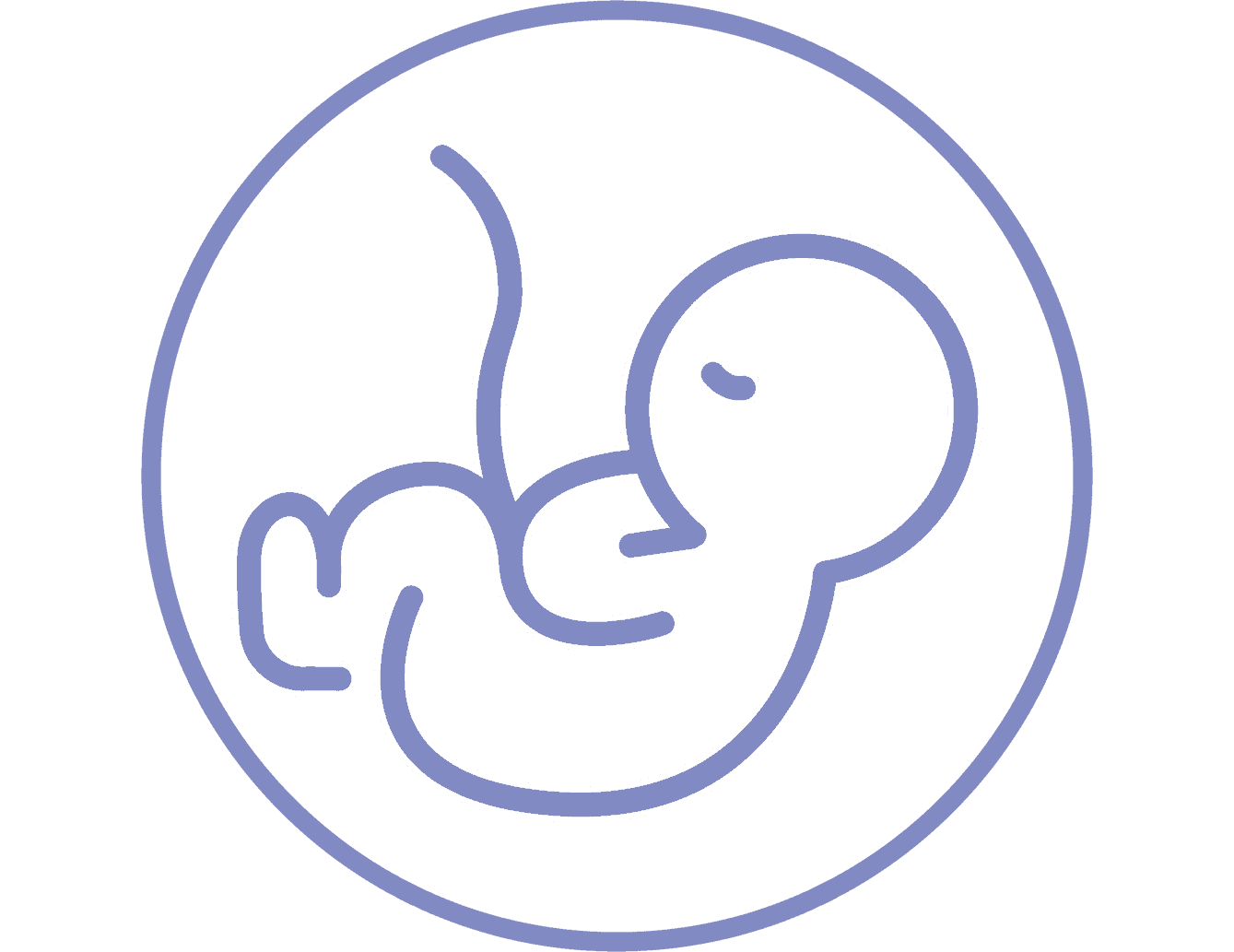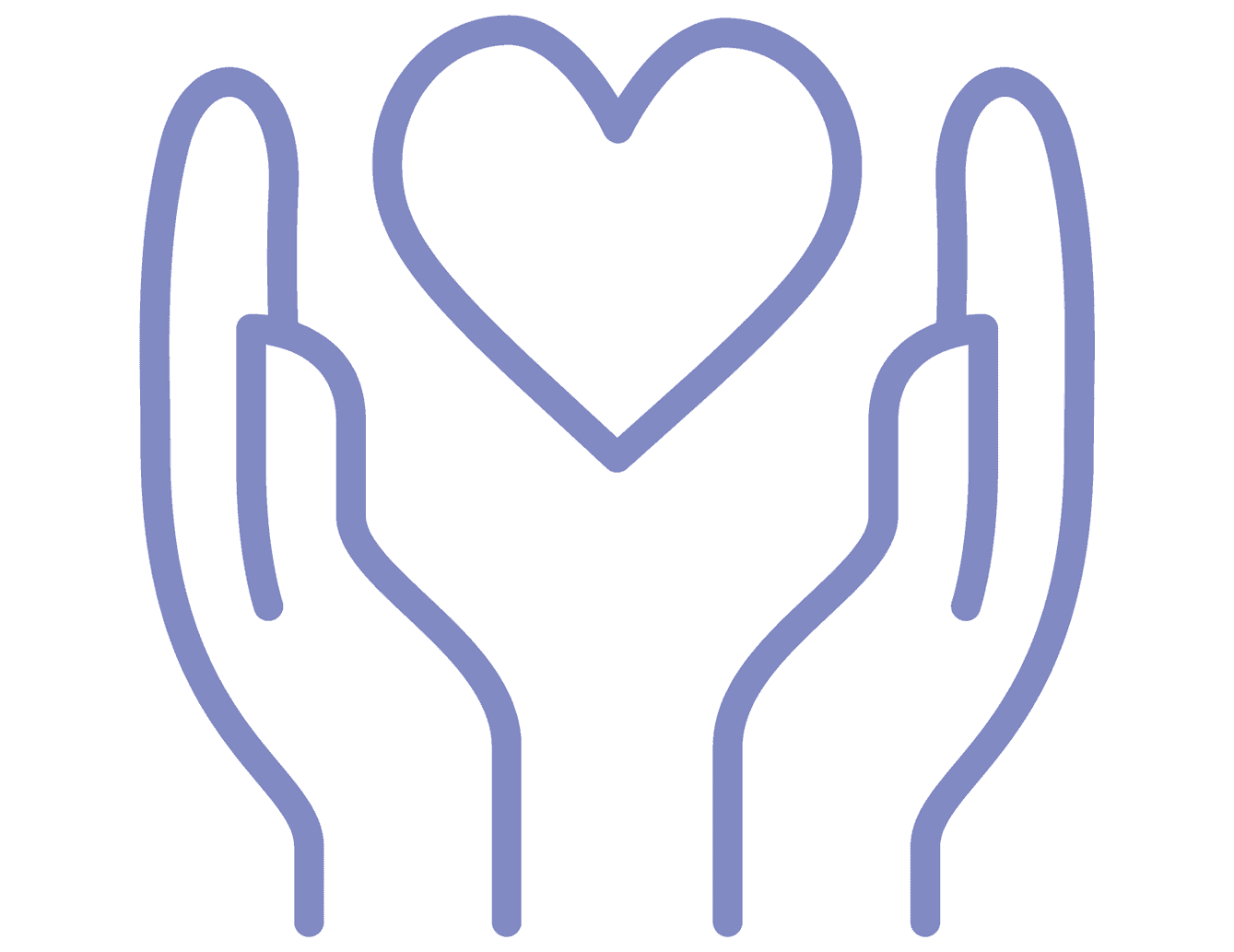Pregnancy Is An Opportunity To Adopt Healthy Habits And Make Lifestyle Changes That Can Last A Lifetime, Benefiting You And Your Entire Family.
Smoking
Smoking tobacco and e-cigarettes should be avoided during pregnancy. Women who smoke have an added risk of miscarriage because tobacco increases the risk of problems with the placenta and its potential to tear away from the uterine wall (abruption). Smoking also increases the risk of your baby being born prematurely and at a low birth weight. Babies of moms who smoke are at higher risk of sudden infant death syndrome (SIDS) and certain birth defects (i.e., cleft lip). Please stop smoking during pregnancy. Call 800-quit-now for help or talk with your health care provider.
Drug Use
Oxycodone, hydrocodone, Xanax, Valium, marijuana, cocaine, heroin, methamphetamines and illicit drugs must be avoided during pregnancy. They can cause premature birth and low birth weight. Neonatal abstinence syndrome (NAS) is seen in babies born to mothers who use these medications/drugs during pregnancy. The baby becomes addicted to the drug during pregnancy and then, at birth, goes through withdrawal, experiencing multiple symptoms (i.e., crying, diarrhea, etc.), frequently leading to a prolonged stay in the neonatal ICU for detoxification.
Alcohol
Alcohol should also be avoided during pregnancy. There is no known safe limit. In the United States, substance abuse—including alcohol consumption—during pregnancy is the leading preventable cause of intellectual disability in children. Fetal Alcohol Syndrome (FAS) is characterized by a cluster of symptoms including low birth weight, facial deformities, small head size, low IQ and behavioral problems. Heavy drinking (more than 2 drinks per day) or binge drinking (more than 5 drinks on one occasion) can lead to FAS. Even moderate drinking (1–2 drinks per day) has been associated with attention deficit and memory problems in children.
Medication Use During Pregnancy
Even some over-the-counter medications aren’t safe in pregnancy, but that doesn’t mean you have to suffer during common illnesses or the typical discomforts of pregnancy. Below is a list of common problems and over-the-counter medications considered safe to use for them. If you develop symptoms with a fever, symptoms of depression or anxiety, or any other sign of illness, consult with your doctor. Many prescription medications, including some antibiotics and antidepressants, are also safe to use in pregnancy.
| SYMPTOM | MEDICATIONS SAFE TO USE AS DIRECTED |
| Insomnia | Tylenol® PM, Benadryl,® Unisom® |
| Constipation prevention – fiber supplements | FiberCon,® Fiber Choice, ® Metamucil, ® Citrucel, ® All Bran® or Fiber One® cereal. |
| Constipation treatment – stool softeners | Colace® or Surfak® |
| Constipation treatment – laxatives | Miralax® |
| Constipation treatment – suppositories | Glycerin or Dulcolax® |
| Constipation treatment – enemas | Fleet® |
| Cough & cold | Robitussin,® Robitussin DM, cough drops |
| Congestion | Sudafed,® Actifed,® Tylenol Sinus AM or PM, Tylenol Cold, Benadryl, Vicks® VapoRub, Claritin® or Claritin D, Mucinex® |
| Nosebleeds | Saline spray or drops, humidifier |
| Headache or pain | Tylenol or Tylenol Extra-Strength |
| Sore throat | Tylenol, Tylenol Extra-Strength, cough drops, Chloraseptic® |
| Diarrhea | Imodium® AD |
| Acne | Benzoyl peroxide (Clearasil®) or salicylic acid products |
| Indigestion | TUMS,® Mylanta,® Gaviscon,® Zantac,® Tagamet® or Pepcid® AC, Prilosec OTC,® Prevacid® |
| Nausea | Emetrol,® Unison,® Vitamin B6, Ginger capsules |
| Round ligament pain | Tylenol or Tylenol Extra Strength, microwave heating pad, ThermaCare® heat packs |
| Itching | Benadryl tablets or cream |
| Yeast infection | 3 to 7 day antifungal—Monistat,® Femstat® |
| Hemorrhoids | Preparation H® (with cortisone), AnuSol,® Tucks® pads |
| Cold sore | Abreva® |






